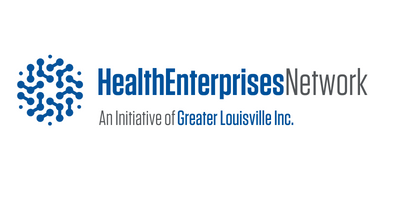Russell F. Cox, president and CEO, Norton Healthcare, has announced five initiatives that will be immediately developed and accelerated to address inequalities both internally and within the communities it serves:
- Establishing the Norton Healthcare Institute for Health Equity. The primary focus of the institute will be to identify and remove obstacles that prevent people in underserved areas from receiving the health care they deserve, as well as to eliminate disparities in care. There will be a national search, with a strong local focus, for an executive director who will report to Cox.
- Ensuring access to primary care for everyone. Health care is not just a privilege, but a right. Providing more convenient and geographically accessible primary care will help to level the playing field and ensure that all residents have an equal chance to live the healthiest life possible.
- Committing to mirror our community within the Norton Healthcare leadership team. Norton Healthcare has 16,500 dedicated providers and employees who work hard to care for our patients and community, but more diverse leadership is needed to better reflect our community and workforce. Initiatives will be activated to ensure all team members have an equal opportunity for growth, development and advancement.
- Providing more education and advocacy internally on health policy issues to help our workforce make more informed choices. Norton Healthcare will leverage the collective voice of our 16,500 employees to advocate for vital safety net programs, including Medicaid, the Supplemental Nutrition Assistance Program and Temporary Assistance for Needy Families.
- Investing an additional $20 million over five years to address health needs in underserved areas. The funds will be invested in permanent facilities and equipment in Louisville’s underserved neighborhoods.
“When we announced our $5 million investment with the Louisville Urban League last fall, I said the investment was just the beginning and that we will be fully engaged in eliminating health care disparities in our community,” Cox said. “Since then, we have opened a primary care office in the West End YMCA building and tested nearly 1,000 people in underserved neighborhoods for COVID-19.
“Now we must collectively work harder and faster than ever to embrace and understand our differences, be more inclusive, create a sense of belonging, build a genuine welcoming environment for everyone, and ensure that all people have an equal chance to live a healthy life.”

Recent Comments